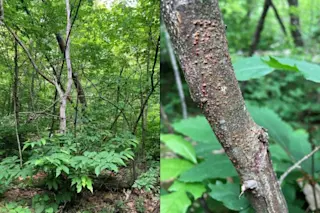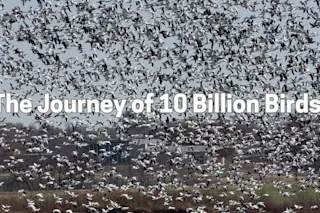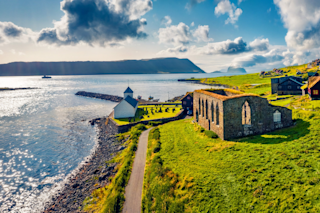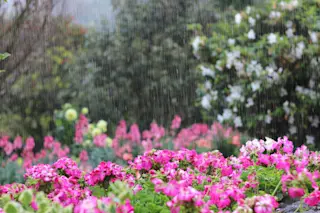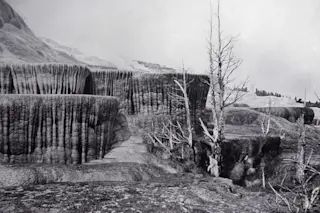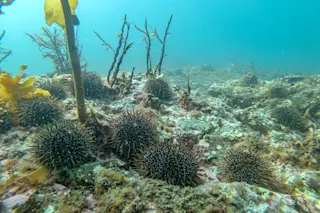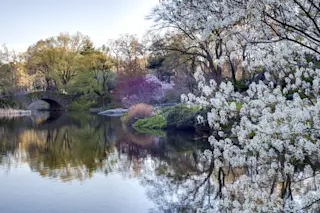On Friday, when most environmentally-inclined people were despairing about the the torturous climate talks in South Africa (since ended, good roundup and assessment here), a short op-ed appeared in the NYT, arguing that despair over the fate of the planet was getting a bit stale. The three authors of the piece--a journalist and two scientists--don't downplay the massive footprint of humanity, and the stress it has put on the planet's ecology. That said, as the authors note,
humans have been changing ecosystems for millenniums. We have learned that ecosystems are not "” and have never been "” static entities. The notion of a virgin, pristine wilderness was understandable in the days of Captain Cook "” but since the emergence of modern ecology and archaeology, it has been systematically dismantled by empirical evidence.
Yes, it's time we made peace with this fact. That doesn't mean throwing in the towel, the authors write:
We can accept the reality of humanity's reshaping of the environment without giving up in despair. We can, and we should, consider actively moving species at risk of extinction from climate change. We can design ecosystems to maintain wildlife, filter water and sequester carbon. We can restore once magnificent ecosystems like Yellowstone and the Gulf of Mexico to new glories "” but glories that still contain a heavy hand of man. We can fight sprawl and mindless development even as we cherish the exuberant nature that can increasingly be found in our own cities, from native gardens to green roofs. And we can do this even as we continue to fight for international agreements on limiting the greenhouses gases that are warming the planet.
The authors go on to suggest that it's time for "a new, more positive and forward-looking environmentalism" to be built:
This is the Earth we have created, and we have a duty, as a species, to protect it and manage it with love and intelligence. It is not ruined. It is beautiful still, and can be even more beautiful, if we work together and care for it.
But can environmentalism rise to this challenge? Can it abandon doom and gloom over what's done and move on to a new narrative for the new epoch?


